In line with the European policy to prevent school dropout, France defines its actions in the framework of the compulsory training law adopted in September 2020. This law is the result of the plan to reduce poverty, presented by the President of the Republic on September 13, 2018, which gave rise to the law of July 26, 2019: “For a school of confidence”.
European and French strategies underline the close correlation between dropping out of school, unemployment and social exclusion. Both strategies consider school dropouts as a priority target group for the education sector, the labour market and social policies for youth.
Due to the increase of number of school dropouts, estimated at 90,000, a new law was enacted during the pandemic, establishing compulsory training for young people aged up to 18 years (previously training was compulsory until 16)
It is in this context that the High Commissioner for Skills and Afpa have designed an innovative program, financed by the Recovery Plan for Youth, the #1Jeune1Solution plan.
The objective of this program is to re-mobilize young people, aged from 16 to 18, who are neither in high school, nor in training nor in employment. Carried out besides existing measures to prevent school dropout, the program involves more than 100 Afpa centres throughout France.
In 13 weeks, the program contributes to:
– Helping young people make decisions about their future,
– Guiding them towards autonomy by taking them out of their daily environment,
– Helping them discovering jobs and opportunities in their region and/or in other regions, especially emerging or shortage jobs,
– Validating their skills and experience with open badges.
An innovative cooperation with many national and local partners
Unprecedented cooperation with numerous national and local partners
“Local Missions” (Missions Locales) are the providers of this program. They maintain a permanent link with the young person and the 16-18 Promo section of the Afpa centre. Afpa and the “Local Missions” pool their expertise to secure the pathway and to ensure the project success.
The 16-18 Promo also represents an innovative consortium of relevant agencies and actors in the regions.
To support an overall approach of inclusion and pathway development, many groups involved with social support, training, companies, cultural and artistic sports associations all intervene to help young people in developing their soft and transferable skills and interest in civic matters.
Today, more than 2,000 partners work together to provide workshops offered to young people daily: in Afpa centres, and on partners’ sites.
This partnership-based system contributes to the success of young people’s career paths as well as to the revitalization of districts
The partners can intervene in different ways:
– Support for the development of professional projects: informing young people regarding local opportunities and providing better understanding of the local job market.
– Testimonials from professionals, volunteers, or associations allowing young people to see beyond their daily routine, their place of living, and their own culture.
– Implementation of common projects allowing organization to underline the advantages of collaborating on projects and sharing knowledge and skills.
The strength of integrated and collaborative planning, adapted to young people
The success of the 16-18 Promo program also relies on the planning expertise that has been mobilized.
Designed as early as October 2020, the pedagogical scenarios and resources were created on Afpa’s Learning Management System, Mètis. They are evaluated and conceived in-house to promote flexible and adaptable planning criteria.
The strength of integrated and collaborative planning, adapted to young people
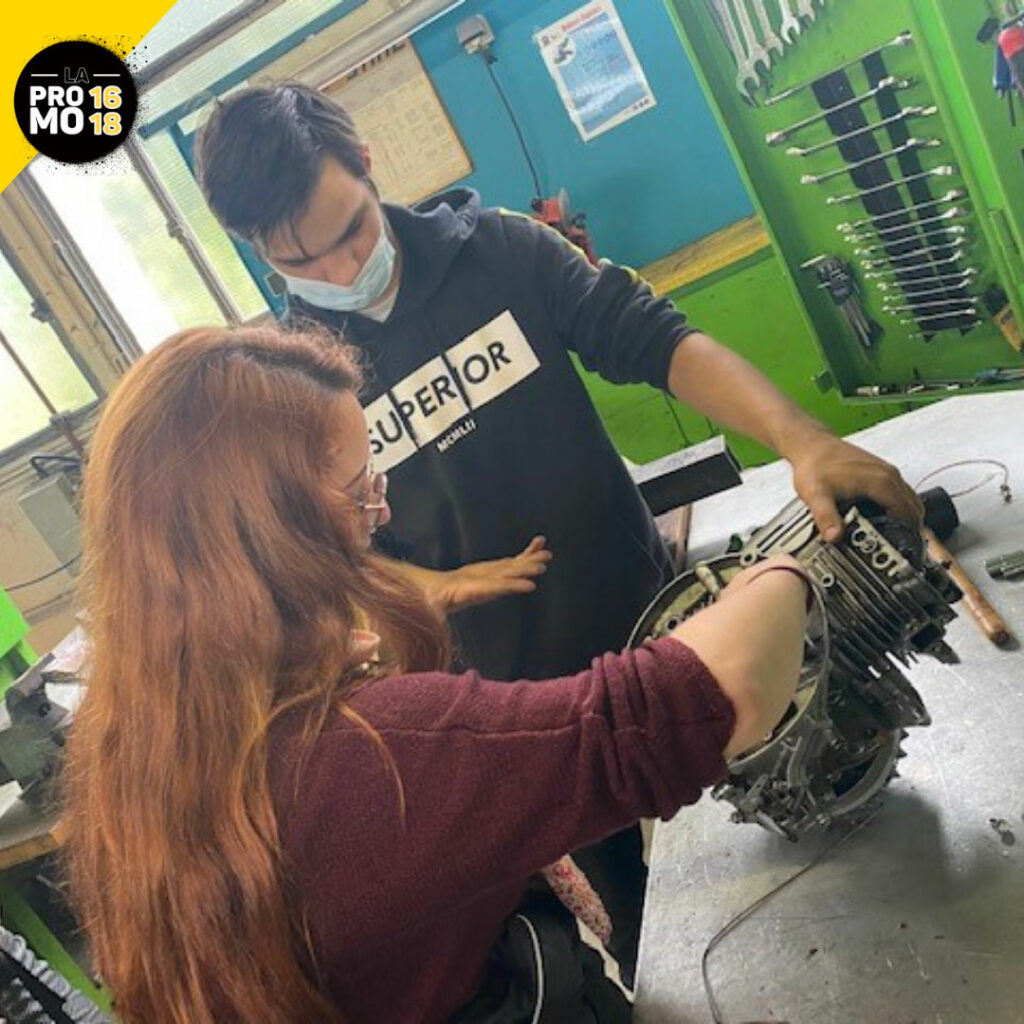
Afpa adapt content and resources to the profiles and needs of young people (rapid financial independence, family support), to non-French speakers, and even to the disparities of territories and needs (transport, employment, etc.).
This planning gives Afpa the opportunity to support young people individually and collectively through a collaborative approach.
In addition, young people have access to technical platforms while they investigate job options. They can practice in real-life situations, while communicating with trainers and trainees during training sessions. This approach can very often inspire young people to choose a career path.
Valuing young people’s skills as part of the 16-18 Promo course thanks to open badges
A digital or open badge is a digital certificate designed and issued by a training organization, a company or an individual to recognize a person’s skills and achievements. It takes the form of an image and contains information such as its description, the definition of the skill, the criteria for awarding it, as well as data allowing the authentication of the badge.
This system has been chosen to promote the skills of the 16-18 Promo students to help them become aware of the transversal skills they have developed and to promote them.
The badges are linked to the competence framework: basic skills, digital skills, cross-cutting skills. A specific badge “I am mobile” has been created for 16-18 Promo to recognize and value the mobility skill.
As soon as, the student finishes their course with their “badges’ bag”, then they can highlight their badged skills throughout their training and career path.
By 2022, about 35,000 young people will be trained through 16-18 Promo in Afpa centres.

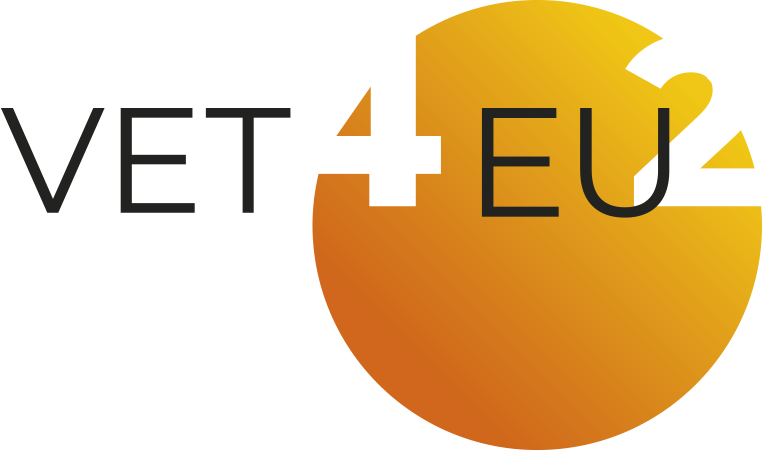
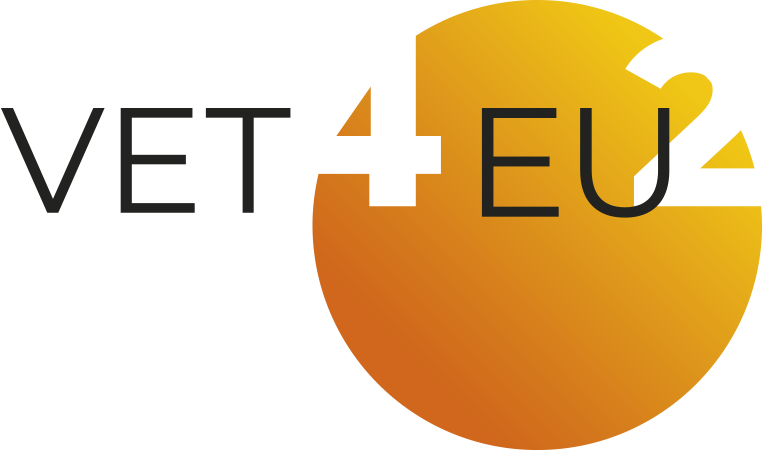

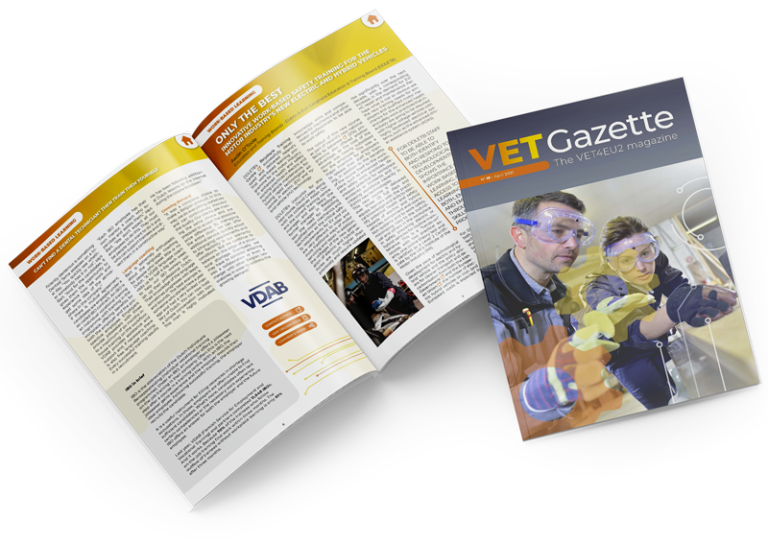
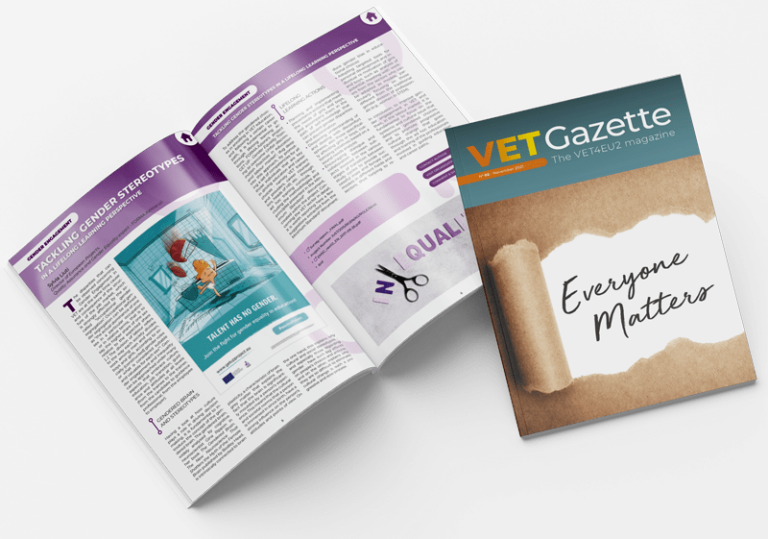
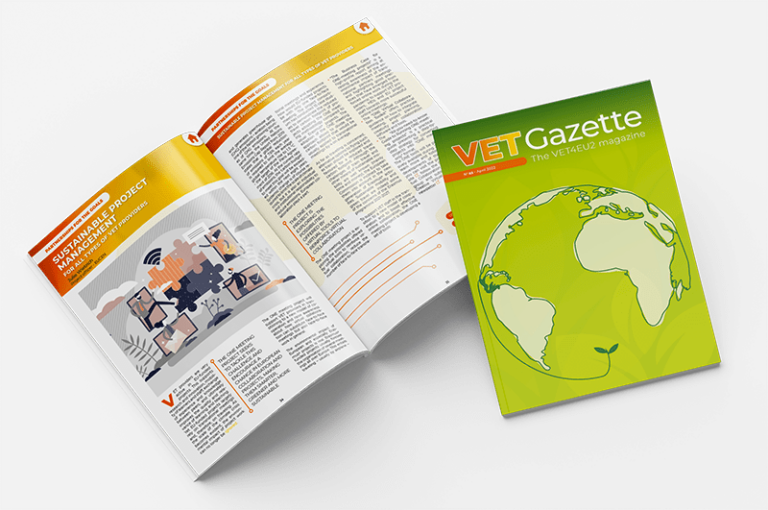
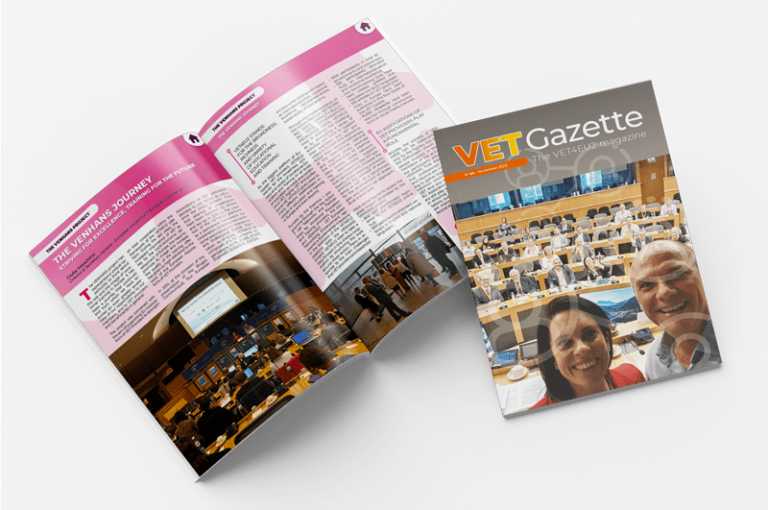

Responses